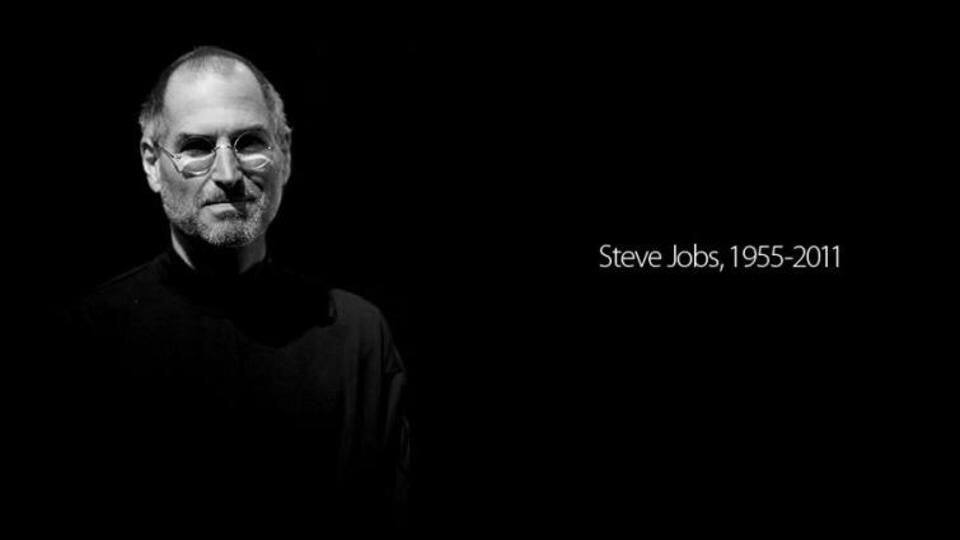
Happy Birthday Steve Jobs! Your memories live on
What's the story
Steve Jobs, had he been alive, would have turned 63 today. Regardless of the absence of Jobs from the tech industry today, Jobs has revolutionized how we use technology. In the short 56 years the turtleneck-wearing tech guru lived, he changed how we perceive technology, not because of his technical expertise but because he was a visionary. Here are some industries which Jobs changed forever.
Quote
Time is the most important resource
"My favorite things in life don't cost any money. It's really clear that the most precious resource we all have is time," is what the tech guru had to say about time.
Personal computing
Personal computing, as we know it, was shaped by Jobs
Our current experience of computers itself was shaped by Jobs. The computers we use today have what is called a graphical user interface (GUI) which enables us to interact with a PC. GUIs, however, were brought into the mainstream by Apple's Macintosh. Although Steve Jobs didn't oversee the Macintosh project, he realized its potential and marketability. Basically, he revolutionized how we work with computers.
Digital music
Music lover Steve Jobs also shaped digital music industry
Digital music, as we know today, was also shaped by Steve Jobs. Realizing that available devices for digital music in the market were terrible, Jobs put together a team to come up with what would become the iPod. In January 2001, Apple released the free iTunes app and got people hooked to the wonders of digital music. In October 2001, the iPod was released.
Mobile computing
The crown jewel: How the iPhone revolutionized mobile computing
The iPhone, of course, deserves a mention. After ditching the Newton project in 2004, Jobs started appointing people to research touchscreen technology. When Apple released the iPhone in 2007, consumers expected a phone with iTunes capability. Instead they got a mobile computing device which revolutionized pocket computing and how we access the internet. Every smartphone today follows the iPhone archetype.
Animation
How Steve Jobs laid the foundation for Pixar's success
In 1986, Steve Jobs acquired Pixar for $5 million, and guided the company into the animation giant it is today. In 1986, Pixar's efforts to sell proprietary hardware was failing miserably. Jobs sold the hardware division in 1990, and by 1991, Pixar had penned a deal worth $26 million with Disney for three full-length feature films. The rest, as they say, is history.
Entreprenuership
Jobs' influence on the idea of entrepreneurship
Steve Jobs' biggest contribution to the world, however, was how he viewed entrepreneurship in particular and life in general. Jobs introduced a particular romanticism to technology and wittingly or unwittingly ended up connecting us all, hand-in-hand with the globalization process. Furthermore, Jobs' vision also led to simplification of user interfaces in technology and has led to more and more personalization of personal computing.
Quote
Always the design aficionado, this is how he defined design
"That's been one of my mantras- focus and simplicity. Simple can be harder than complex; you have to work hard to get your thinking clean to make it simple," said Steve Jobs.
Apester Post